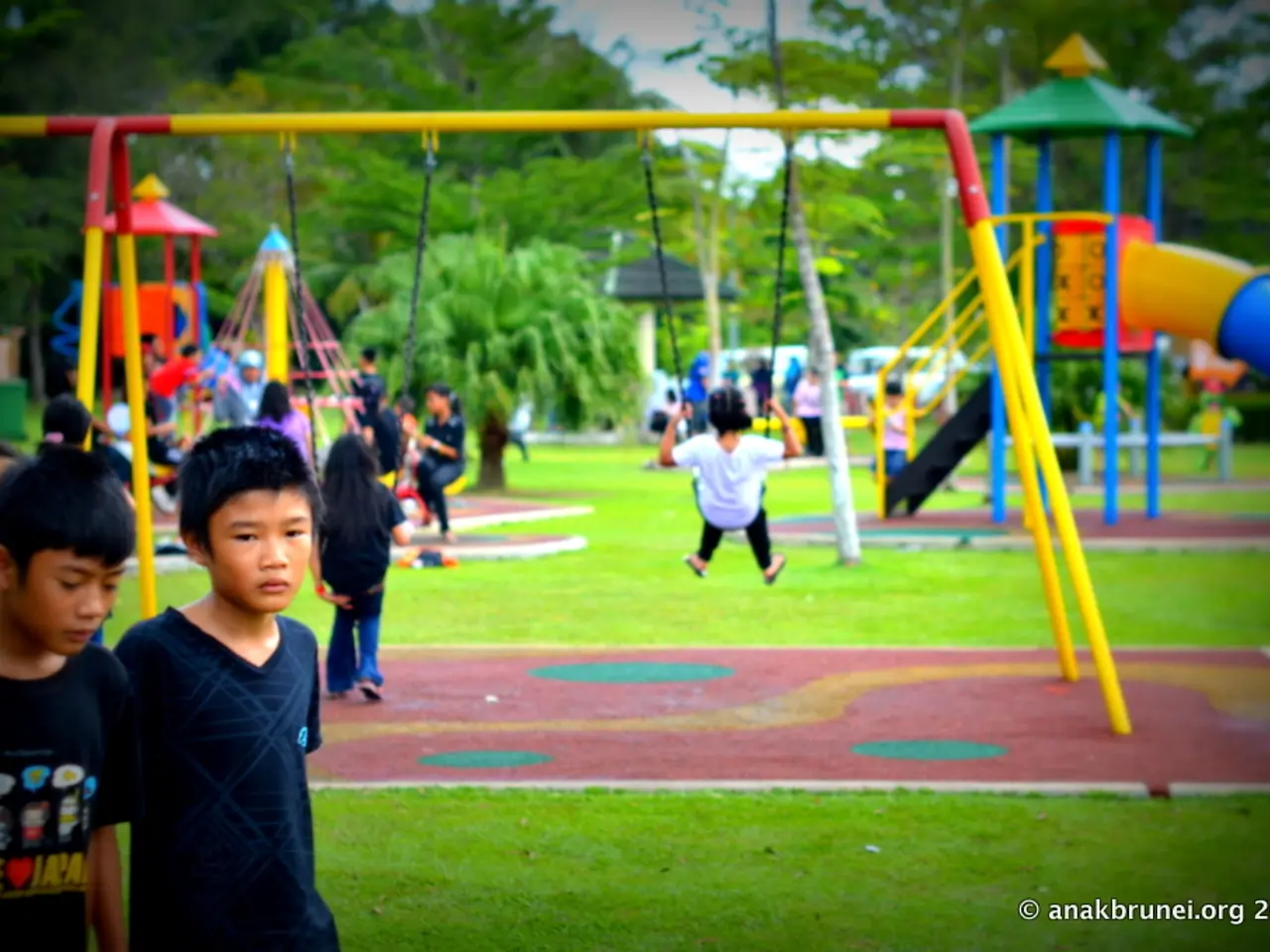Approaches for Kick-Starting Tasks in High School: A Guide for Pupils
Spending time outdoors, combined with physical activity and cognitively engaging tasks, has robust scientific support for improving executive functions such as working memory, cognitive flexibility, inhibitory control, and emotion regulation. This finding is significant for both neurotypical and neurodivergent individuals, though research specifically isolating neurodivergent populations is limited but suggestive.
A longitudinal study has shown that structured physical activities, particularly those involving coordination and cognitively demanding exercises, enhance executive functions in children. These benefits are attributed to neuroplasticity improvements, increased brain-derived neurotrophic factor (BDNF) secretion, and neurogenesis associated with aerobic and coordinative exercises. Activities outdoors often combine physical exercise with cognitive engagement, such as spatial awareness and strategic thinking, optimally stimulating executive function development.
For neurodivergent individuals, executive function improvements relate to enhanced emotion regulation, social problem-solving, and motivation. Interventions that incorporate breaks, self-regulation strategies, and physical activity align with principles seen in nature-based and physical activity studies. Neurodiversity-affirming approaches emphasize creating intervention goals that respect individual needs, which can be compatible with nature and outdoor activities to foster autonomy and cognitive gains.
Regularly logging the benefits experienced from spending time outdoors can help boost motivation and productivity. Time spent outdoors is associated with fewer depression and anxiety symptoms. The benefits of nature exposure extend across age groups and individuals with and without neurodivergent experience.
Urban environments offer options for finding green spaces and outdoor activities, such as parks, trails, and outdoor events, using apps or local community gardens. Short, 15-minute walks in a park or green space can serve as a mental reset, improving concentration and mood. Multiple meta-analytic studies have looked at time outdoors, physical activity, and the benefits for executive functioning.
Integrating nature into daily life can improve planning, organization, time management, emotional control, and sustained attention. Research supports the cognitive and psychological benefits of nature exposure, including improvements in planning, organization, time management, emotional control, and sustained attention. Finding activities to complete outdoors, such as work or hobbies, can help boost executive functioning skills.
For those who dislike being outdoors, starting small with brief outdoor moments integrated into daily routines can help develop a habit. Nature exposure can help reduce stress, depression, and boost overall physical health. Seeking support from friends, family, or executive functioning coaches can help in planning and achieving goals related to spending more time outdoors.
This guide provides practical strategies for incorporating nature into daily life, including planning regular nature breaks, finding enjoyable outdoor activities, leveraging technology, and starting small. Moving social time to outdoor settings, like parks or coffee shops, can help overcome the challenge of finding motivation to spend time outdoors.
Further reading includes studies on the cognitive benefits of walking in natural versus built environments, the effects of physical activity on executive functions, attention, and academic performance, associations between nature exposure and health, and articles on understanding and promoting generalization of executive functioning skills. A free fillable .PDF Time Log exercise can help track outdoor time and its impact on productivity.
Read also:
- Kamala Harris announces her ongoing political plans-for the present time
- Genetic Rarity Explored: Insights into Science, Struggles, and Misconceptions Surrounding Albinism
- Smoking Secondhand: Impact, Frequently Asked Questions, and Additional Information
- Strategies for Mitigating Negative Feelings in Customer Interaction with Your Goods or Services




